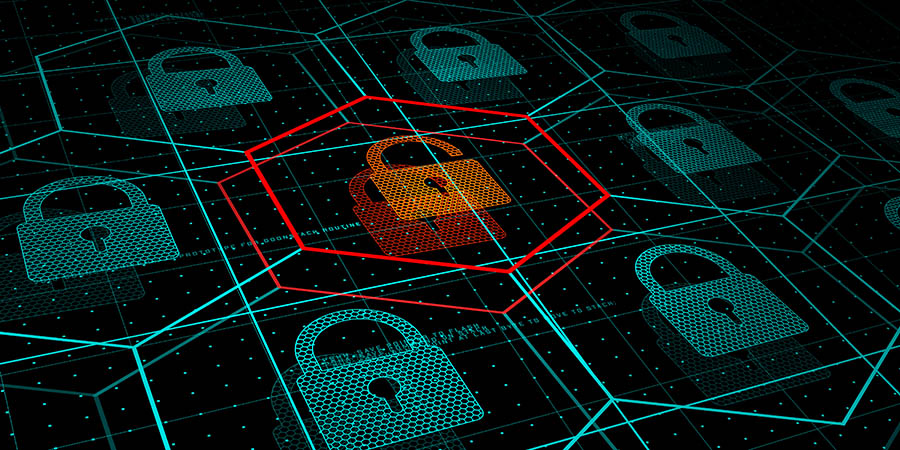Asia has been one of the leaders when it comes to technological innovation and economic growth during the era of digital advancement. However, the advent of technology has come with the ever-present danger of cyberattacks, which are getting more sophisticated and more frequent.
With the ongoing technological revolution, countries in Asia should prioritize strengthening their cyber resilience as they continue to digitalize industries and communities.
Emergence of Cyberattacks
In recent years, various cyber risks and threats, including alleged state-sponsored assaults, ransomware operations, and cybercrime driven by financial gain, have increased across the region. Experts have also observed an increase in geopolitically motivated cyberattacks that aim to cause disruption and intimidation. This added another layer to the already complex landscape of cybersecurity.
Due to its digital infrastructure and high level of interconnection, the region is frequently targeted by cybercriminals.
According to cybersecurity firms, cybercriminal groups have reportedly targeted key infrastructure, government bodies, and businesses across Asia. These attacks have caused significant financial losses as well as serious threats to national security.
Recently, there have been reports of cyberattacks on Philippine government websites, which can be considered and deemed an issue of public interest and national security. Various government offices were targeted by cyberattacks, which compromised their email and internal websites. The most recent attack, which targeted government email addresses (including the Philippine Coast Guard's and the President’s private website) was effectively blocked, according to the Department of Information and Communications Technology and cybersecurity specialists.
Boosting Cybersecurity and Cyber Resilience
Cybercriminals have also quickly adapted to the changes in technology. The widespread use of artificial intelligence (AI) has made business operations more seamless and efficient, but it has also become a powerful tool for cybercriminals. Fraudsters have started using GenAI for their cyberattacks. Phishing emails are well-written, with almost zero typographical or grammatical errors. Additionally, GenAI has also been used to assume specific identities, which makes phishing emails more targeted and believable. These types of attacks are a major concern because of the possibility of identity theft and could pose a significant threat to the cybersecurity of organizations.
Despite being used for malicious purposes, the responsible and ethical deployment of GenAI can also significantly improve cybersecurity defenses. GenAI can be used to aid security professionals in effectively investigating and responding to potential threats by extracting relevant information and recommended actions from large data sets of collective intelligence.
Cybersecurity teams can also deploy GenAI to examine data from a wide variety of systems and settings, providing a comprehensive picture of the whole environment. This holistic approach allows for more informed decisions and a rapid response. Reducing the duration of potential threats from days to minutes can greatly enhance existing cybersecurity measures, effectively tackling the persistent challenge of maintaining visibility across complex technological ecosystems.
Experts have also identified multiple ways to improve cybersecurity and cyber resilience. A comprehensive approach is needed to combat the evolving cyber threats in Asia, which includes policy, teamwork, and technology.
Companies in the region can reduce the likelihood of unwanted access by implementing a zero trust framework, which requires them to confirm the identity and security status of all users and devices. Some Asian countries have already adopted this framework to secure their digital infrastructure. For example, Japan has made significant investments in cutting-edge technologies like machine learning (ML) and AI for advanced threat identification and response.
It is also important to establish robust public-private collaborations to effectively address cyber threats as a whole. In order to create a cyber-resilient society and industry, companies in the region should prioritize cybersecurity education and training. This will raise awareness of the issue and foster the development of individuals and employees capable of effectively countering new and emerging cyber threats.
In order to improve reaction skills and reduce the damage of cyber assaults, it is important to build strong plans and implement them often. Cyber resilience refers to the ability to withstand cyber incidents, even when precautions are taken. Therefore, businesses must have efficient cybersecurity measures in place to handle and reduce the effects of cyberattacks, which will consequently ensure the overall maintenance of their services and operations.







